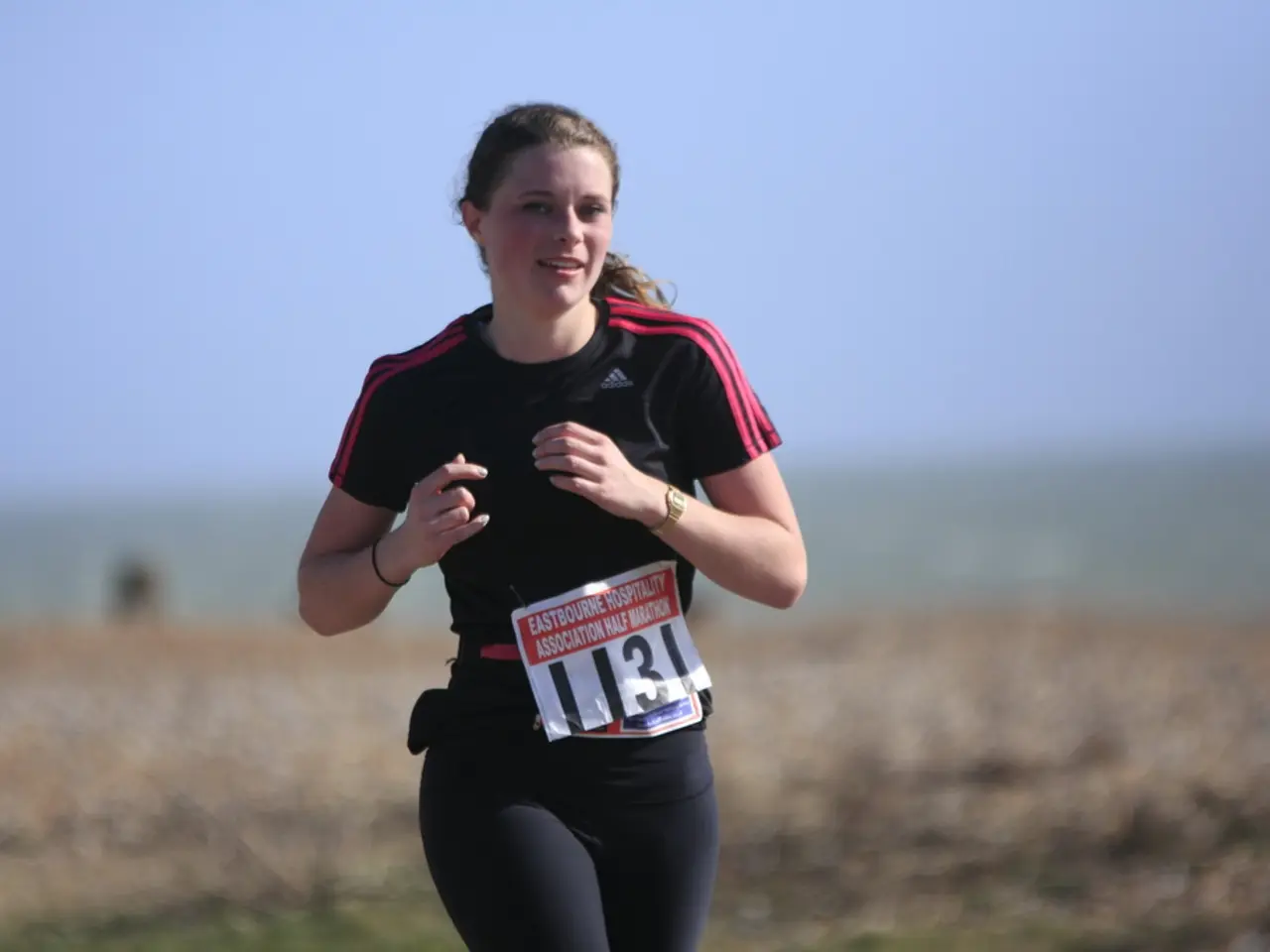Vasovagal Syncope: Causes, Symptoms, Treatments, and Further Insights
**Common Triggers for Vasovagal Syncope (VVS): Understanding the Causes and Managing the Condition**
Vasovagal syncope, also known as neurocardiogenic syncope or reflex syncope, is a common cause of fainting spells. This condition is triggered by a combination of psychological and physical factors.
### Psychological Triggers
Emotional stress, anxiety, or panic attacks can precipitate an episode of vasovagal syncope. Intense fear or anxiety can also trigger the condition, as can sudden pain.
### Physical Triggers
Standing for long periods can cause blood to pool in the legs, reducing blood flow to the brain. Changes in posture, especially sudden shifts from lying down to standing up, can trigger VVS. Lack of fluids can exacerbate symptoms and trigger episodes. Exposure to certain sights, smells, or sounds can precipitate vasovagal syncope.
## Prevention and Treatment
Preventing VVS episodes involves staying hydrated, avoiding prolonged standing, managing stress, and making gradual position changes. Regularly taking breaks to sit or lie down if standing for extended periods can help prevent VVS. Engaging in stress-reduction techniques, such as meditation or deep breathing exercises, can help mitigate psychological triggers. When rising from a seated or lying position, do so gradually to prevent sudden drops in blood pressure.
Treatment options for VVS are limited. Implementing the preventive measures above can also serve as ongoing treatment. In some cases, medications like beta blockers or fludrocortisone may be prescribed to help manage symptoms. Tilt table testing can help identify patients who might benefit from specific treatments.
### Emergency Response
After an episode, rest in a cool, well-ventilated area to help recover. If safe to do so, elevate the legs above the level of the head to improve blood flow to the brain. If episodes are frequent or severe, consult a healthcare provider for further evaluation and treatment.
It is essential to note that diabetes, heart disease, and Parkinson's disease are examples of underlying medical conditions that may cause fainting and require treatment. Alpha-1 agonists, fludrocortisone, and beta-blockers may be effective in reducing the frequency of VVS episodes in some cases.
A bystander can intervene in a VVS episode by laying the person on their back and raising their legs in the air. People who have previously experienced VVS should contact a doctor if they experience any new triggers or symptoms.
Severe constipation can cause VVS due to increased pressure in the rectum, which stimulates the parasympathetic nervous system and causes a rapid drop in blood pressure. VVS typically occurs when the body overreacts to a stimulus that induces a state of fear or emotional distress.
Tests such as blood tests, electrocardiogram (EKG), echocardiogram, exercise stress test, and tilt-table test may be used to rule out alternative causes of fainting. Vasovagal syncope (VVS) is a condition that causes fainting in response to a sudden drop in heart rate or blood pressure.
In conclusion, understanding the triggers of Vasovagal syncope is crucial in managing and preventing episodes. By implementing preventive measures and seeking medical attention when necessary, individuals can reduce the number of fainting episodes and live a healthier, more active life.
- Stress, anxiety, or panic attacks can induce an episode of vasovagal syncope.
- Sudden pain and intense fear can also trigger vasovagal syncope.
- Standing for prolonged periods can lead to blood pooling in the legs, which can reduce blood flow to the brain and cause vasovagal syncope.
- Changes in posture, particularly sudden shifts from lying down to standing up, can precipitate a vasovagal syncope episode.
- Lack of fluids can exacerbate symptoms and trigger vasovagal syncope.
- Exposure to certain sights, smells, or sounds can prompt vasovagal syncope.
- Preventing vasovagal syncope episodes involves staying hydrated, avoiding prolonged standing, managing stress, and making gradual position changes.
- Diabetes, heart disease, and Parkinson's disease are examples of underlying medical conditions that may cause fainting and require treatment.
- CBD, a popular therapeutic agent, may have potential benefits in managing vasovagal syncope, although more research is needed.
- Eye health, hearing, mental health, digestive health, respiratory conditions, chronic diseases, skin care, nutrition, and fitness and exercise play a crucial role in overall health and wellness, and can contribute to the prevention and management of vasovagal syncope.




